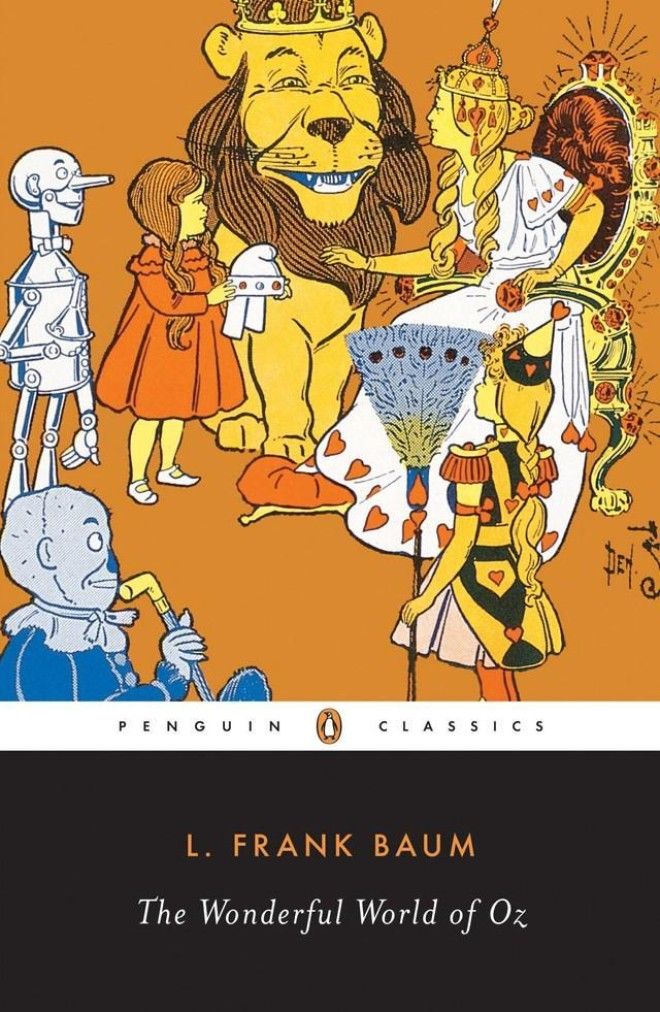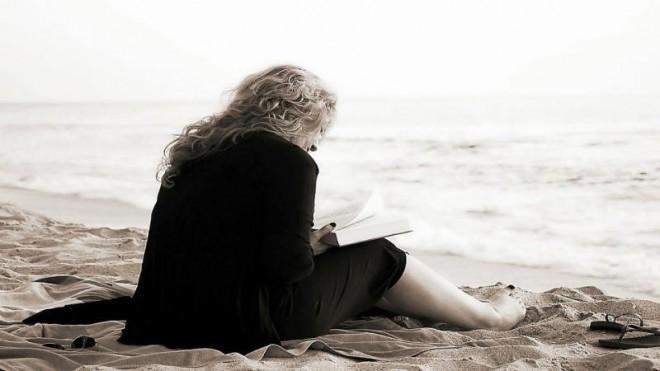—William Styron
Books open doors in our minds, allowing us to live an entire lifetime and travel the world without even leaving the comfort of our chairs. When we read a book, we step into someone else’s shoes, see the world through someone else’s eyes, and visit places we might never otherwise go, whether a tiny village in India or the green fields of Narnia. Books teach us about love, heartbreak, friendship, war, social injustice, and the resilience of the human spirit. Here are 25 books you should read at least once in your life.
1. The Kite Runner by Khaled Hosseini
Told against the backdrop of the changing political landscape of Afghanistan from the 1970s to the period following 9/11, The Kite Runner is the story of the unlikely and complicated friendship between Amir, the son of a wealthy merchant, and Hassan, the son of his father’s servant until cultural and class differences and the turmoil of war tear them asunder. Hosseini brings his homeland to life for us in a way that post 9/11 media coverage never could, showing us a world of ordinary people who live, die, eat, pray, dream, and love. It’s a story about the long shadows that family secrets cast across decades, the enduring love of friendship, and the transformative power of forgiveness.
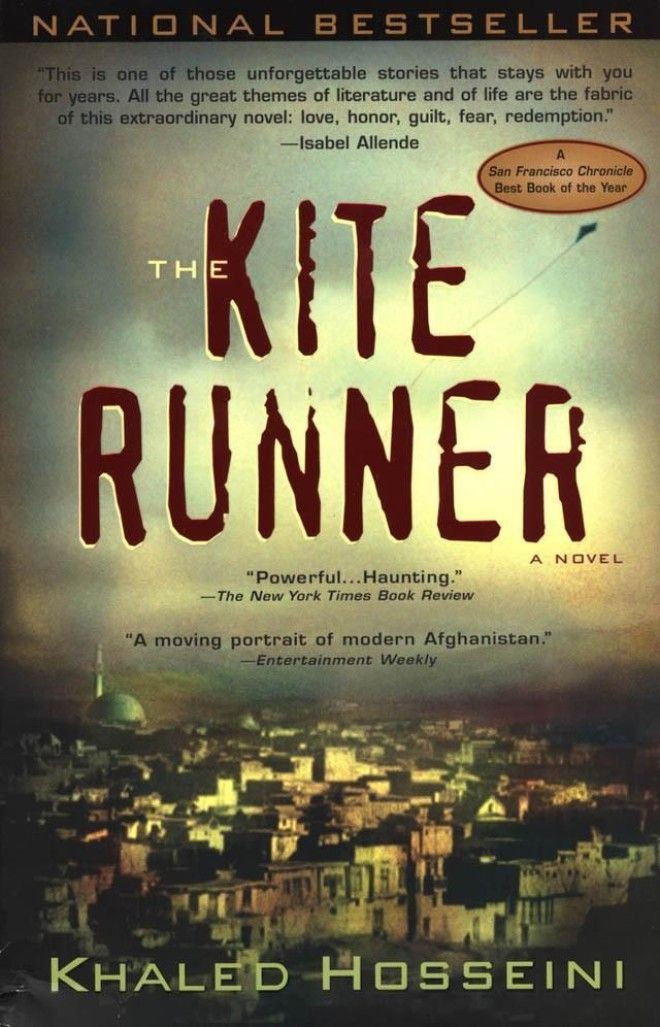
2. Number the Stars by Lois Lowry
This Newbery award-winning novel tells the story of Annemarie Yohansen, a Danish girl growing up in World War II Copenhagen with her best friend, Ellen, who happens to be Jewish. When Annemarie learns about the horrors that the Nazis are inflicting on the Jewish people, she and her family stop at nothing to protect Ellen and her parents, as well as countless other Jews. Lowry’s novel is a powerful reminder that cultural and religious differences are no divide between true friends and that love shines all the brighter against the darkness of hatred.
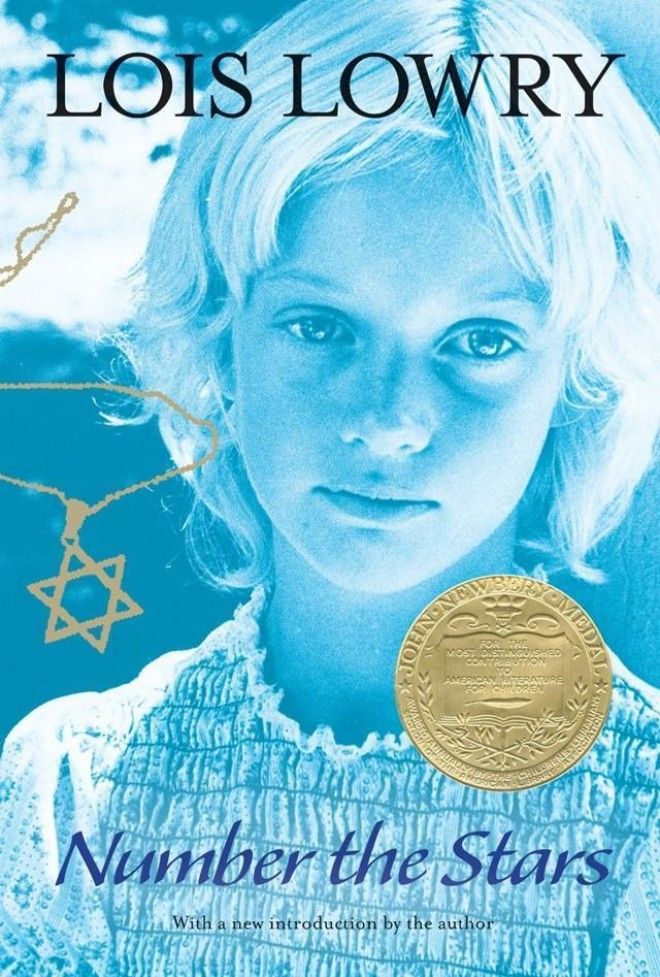
3. Pride and Prejudice by Jane Austen
The opening line of this classic novel, “It is a truth universally acknowledged that a single man in possession of a good fortune must be in want of a wife” is one of the most recognizable first lines of fiction. Yet Jane Austen’s most famous work is more than a comedy of manners about the marriage market and the maneuvers of navigating polite society in 19th-century England. Pride and Prejudice remains one of the most enduring works of English Literature not because we find such rewarding pleasure in watching sparks fly between Elizabeth Bennet and Mr. Darcy (though that’s certainly reason enough). Readers embrace the novel because Austen candidly captures the human character with all of its beauties and its imperfections. Pride and Prejudice is a novel about overcoming differences of cast and class, about learning to laugh at life even when it’s grossly unfair, and about recognizing that loving someone often means accepting them in spite of rather than because of who they are.
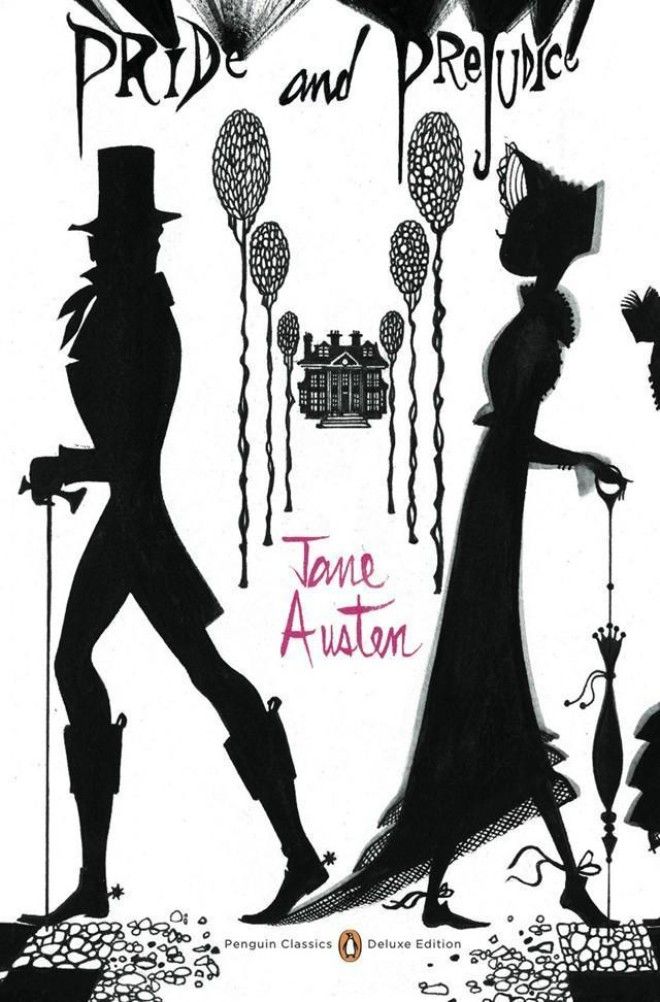
4. The Outsiders by S.E. Hinton
Hinton penned this novel when she was only 16 because she was tired of reading fluffy romances. She wanted a story about the harsh realities of being a teenager in mid-20th century America, and since none existed, she wrote one herself. Told from the perspective of orphan Ponyboy Kurtis, this multiple award-winning young adult novel tells the story of a group of rough, teenage boys on the streets of an Oklahoma town, struggling to survive and stick together amidst violence, peer pressure, and broken homes. The novel reminds us that growing up is never easy and that pain, loss, friendship, and love are universal experiences that both create and dissolve socio-economic boundaries.
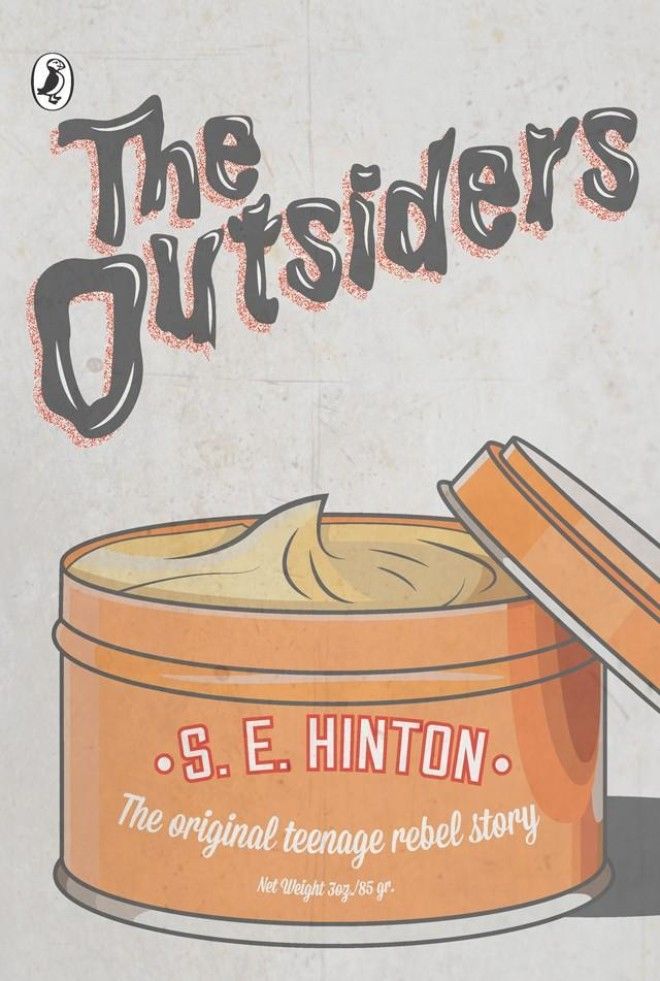
5. Little Women by Louisa May Alcott
A richly written novel with a cast of memorable characters, Little Women invites us into the warm, comfortable home of a 19th-century American family. Everyone can find a character trait that resonates with them, whether Jo’s temper, Meg’s vanity, Amy’s mischievousness, or Beth’s shyness. The novel is a coming-of-age story that follows four sisters (the March girls) from girlhood to womanhood in Civil War America. Together they learn about the harsh realities of poverty, illness, and death, and how to dream, love, and laugh through it all. This is a heartwarming, timeless classic about the importance of family and the simple, home-spun comfort of never being alone.
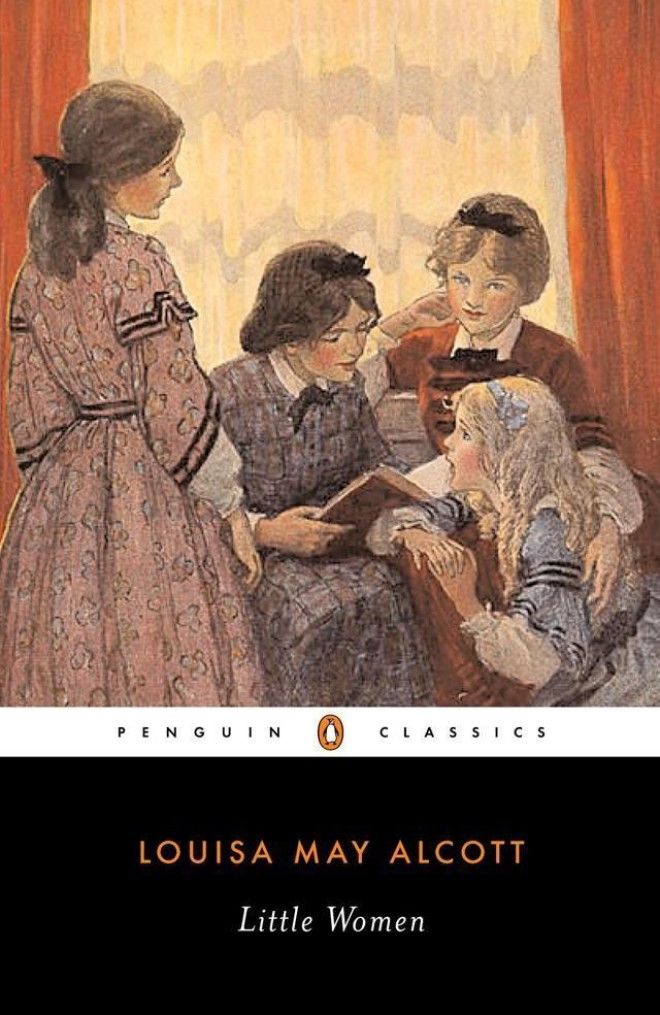
6. A Single Man by Christopher Isherwood
While this is far from a light read, it’s one of the first novels I suggest whenever someone asks me for a book recommendation because it really packs a punch. Right to the solar plexus. The novel looks at a single day in the life of George Falconer, a middle-aged English professor grieving the loss of his partner, Jim. As George struggles against the grip of his depression and wonders what the point of life is any more, he gradually learns, through a dinner with his best friend and a heart-to-heart with a student, the gift of being alive with all its trials and its triumphs. Through the snapshot of a single day in a man’s life, Isherwood reminds us that every moment counts. His clear, direct prose will grab hold of you, snap your head around, and challenge you to stare your mortality in the face.
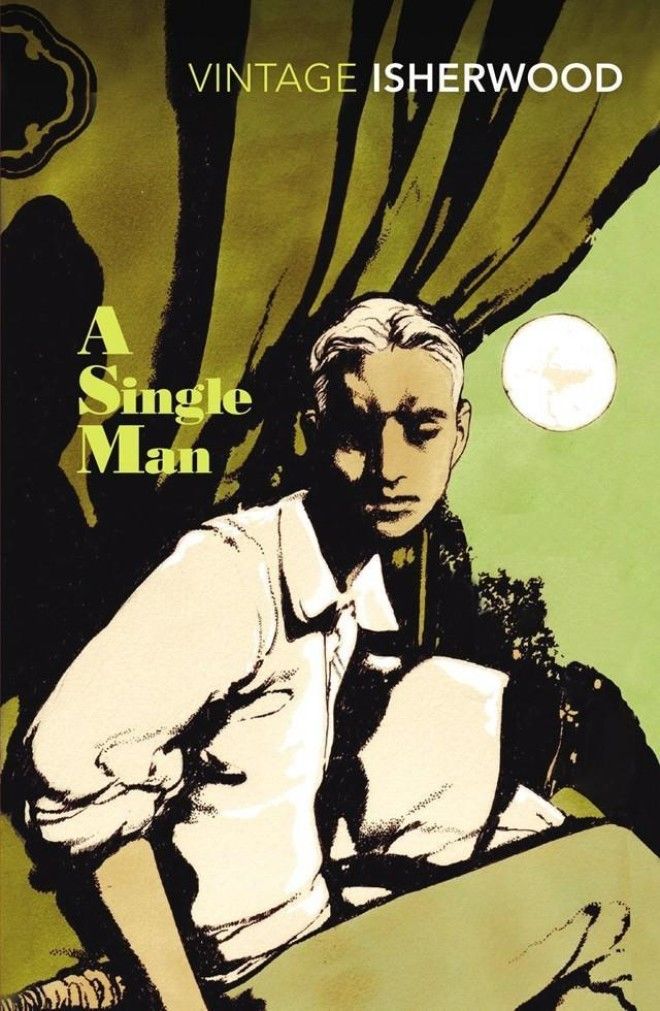
7. Charlotte’s Web by E.B. White
OK, let’s lighten things up a bit. Who doesn’t love a novel about talking animals? A Laura Ingalls Wilder Metal winner, E.B. White’s children’s classic about Wilber the pig and his host of barnyard friends from Charlotte the spider to Templeton the rat flings wide the door to imagination and makes us wonder what a world where animals could talk would be like. On a more serious note, it challenges us to ask ourselves how we’d treat animals if they could talk. If they could tell us their joys and their fears, would mankind treat them more humanely? White’s novel is a lesson for children and a reminder for adults of the beauty of nature, the cycle of life, and the importance of remembering that every creature has its place on this earth.
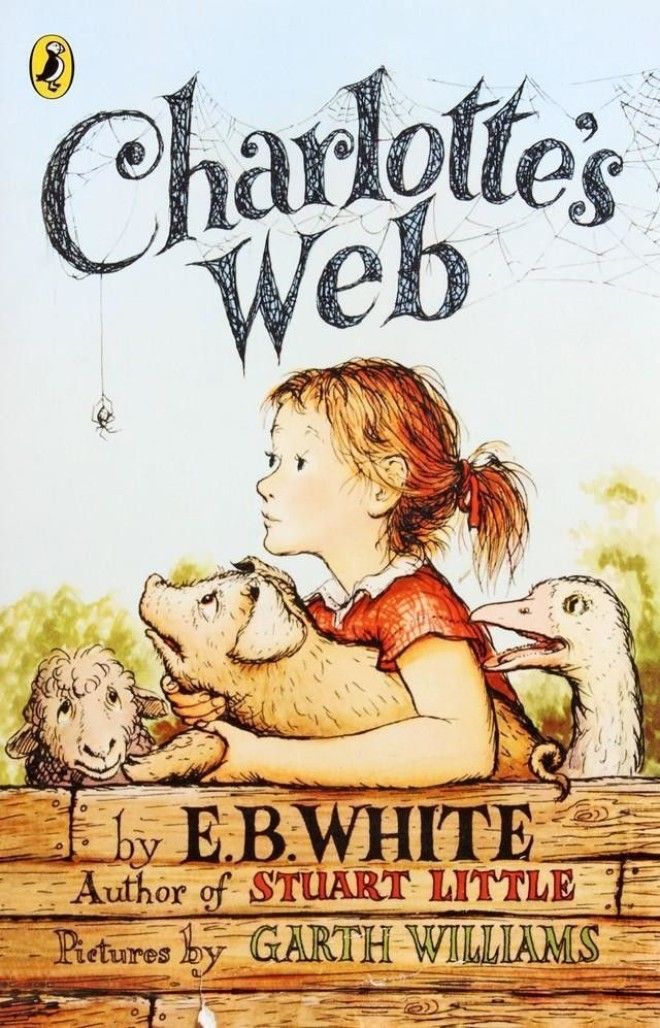
8. The Reader by Bernhard Schlink
Set in late-20th Century Germany, this novel boldly confronts long-standing German national guilt over the Nazi war crimes of the Holocaust through the strange, intergenerational relationship between 15 year-old Michael Berg and 36 year-old Hannah Schmitt, an illiterate tram operator and former Auschwitz prison guard. As Michael teaches Hannah to read books, Hannah teaches Michael to read the human character, and he comes to learn about the nuances between good and evil and of living with the consequences of one’s choices. The Reader is a story about personal as well as national guilt, about the consequences of keeping secrets, and about the power of redemption.
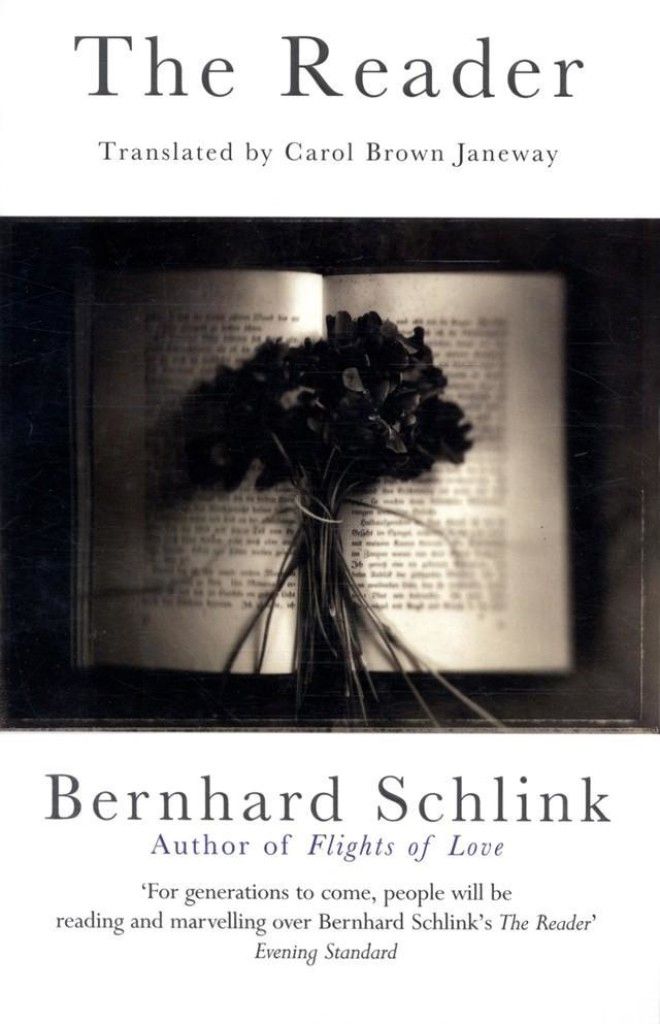
9. Jane Eyre by Charlotte Bronte
Bronte’s classic novel tells the tale of a young girl’s struggle to make something of herself in the world, from the tyranny she endures as a poor orphan under her Aunt’s roof and the deplorable conditions she lives in at Lowood school to the dark secrets she encounters in her role as Governess at Thornfield Hall, the home of the enigmatic and alluring Mr. Rochester. Strong-willed and resilient, Jane longs for the independence that Victorian England denied women, and her story stands as a timeless example of a woman’s determination to choose her own path in life in the face of hardship and ridicule.
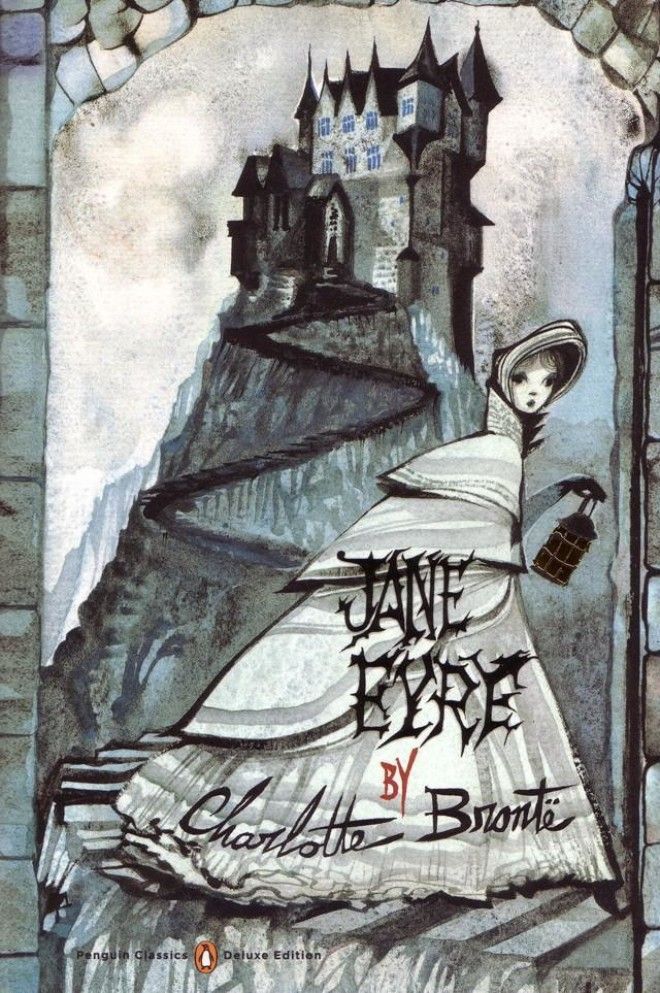
10. The End of the Affair by Graham Green
This is another one of those books filled with nuggets of truth that you might cut your teeth on, but that we all need to learn to swallow. The End of the Affair tells the story of the brief but life-altering adulterous relationship between Maurice Bendrix and Sarah Miles. Set in part against the turmoil of World War II, the personal battles of love, hate, guilt, and the search for truth and redemption are all the more poignant. The story of Maurice and Sarah reminds us that the things we do for love can trigger an inexorable pull of fate that carries our lives on a passionate and sometimes perilous journey and that while love doesn’t always last forever, the lessons we learn from it do.
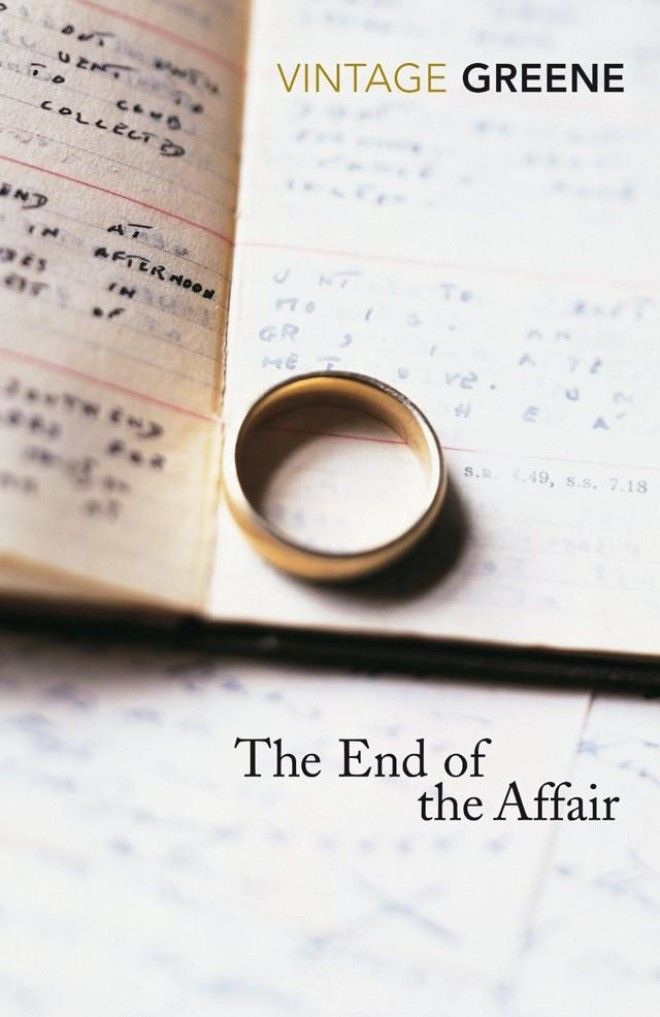
11. To Kill a Mockingbird by Harper Lee
This one’s gotten a lot of attention with the recent announcement that Lee will be releasing a prequel this summer, so even if you’ve read it before, now might be a good time to revisit it. Told through the point of view of the 6 year-old Scout Finch, the story recounts a crisis that rocks her Alabama hometown when the African American Thom Robinson is accused of raping a young white woman. Scout’s father, Atticus Finch, is the lawyer appointed to represent Robinson. Alternately humorous and brutally honest, the novel looks critically at social issues of class, race, and sex politics and the sometimes ironic injustice of the American legal system.
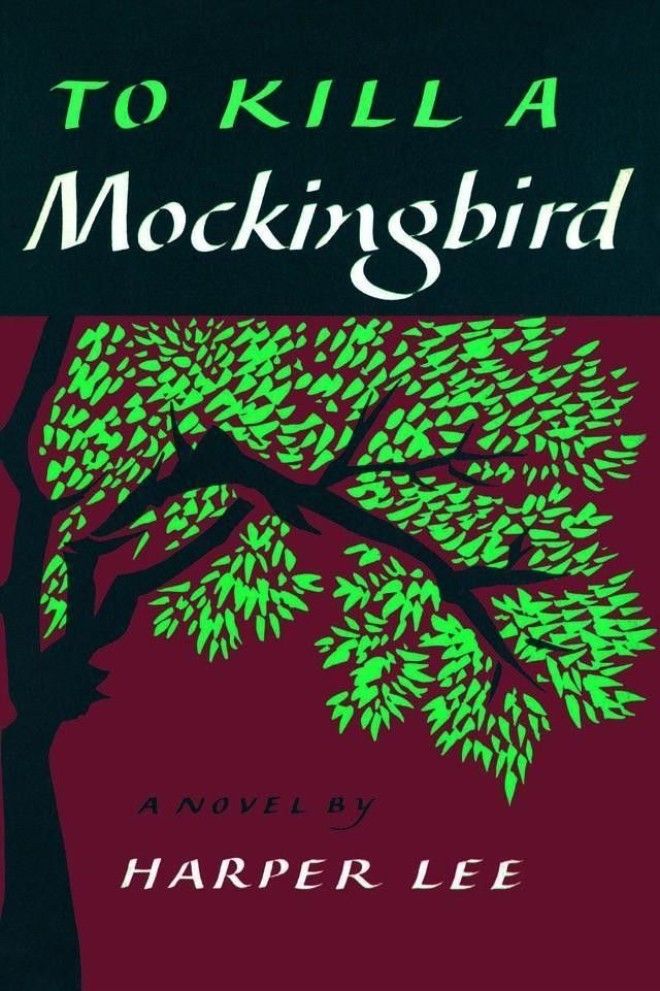
12. Harry Potter and the Sorcerer’s Stone by J.K. Rowling
OK, who am I kidding? Read all of them, but you have to begin at the beginning, right? The Wizarding world of Harry Potter has captivated children and adults alike. The story of the Boy Who Lived, a downtrodden, emotionally neglected orphan who discovers he’s a wizard, ticks all the big boxes on must-read lists. It deals with the enduring love of friendship, the pain of loss, the triumph of good over evil, and the reality that sometimes the fiercest battles we fight are within ourselves.
13. The Secret Garden by Frances Hodgson Burnett
A beloved children’s favorite about little Mary Lennox, who goes to live in the English manor house of her reclusive uncle after her parents die of Cholera, The Secret Garden is a timeless classic about the beauty of nature, the healing power of love, and a belief in magic. As the Yorkshire sunshine softens Mary’s hard little heart and she befriends the animal charmer Dicken, her invalid cousin Colin, and a host of gentle creatures, you’ll laugh with her and cry with her as she learns how to love, how to trust, and how to reach outside herself to nurture the world around her.
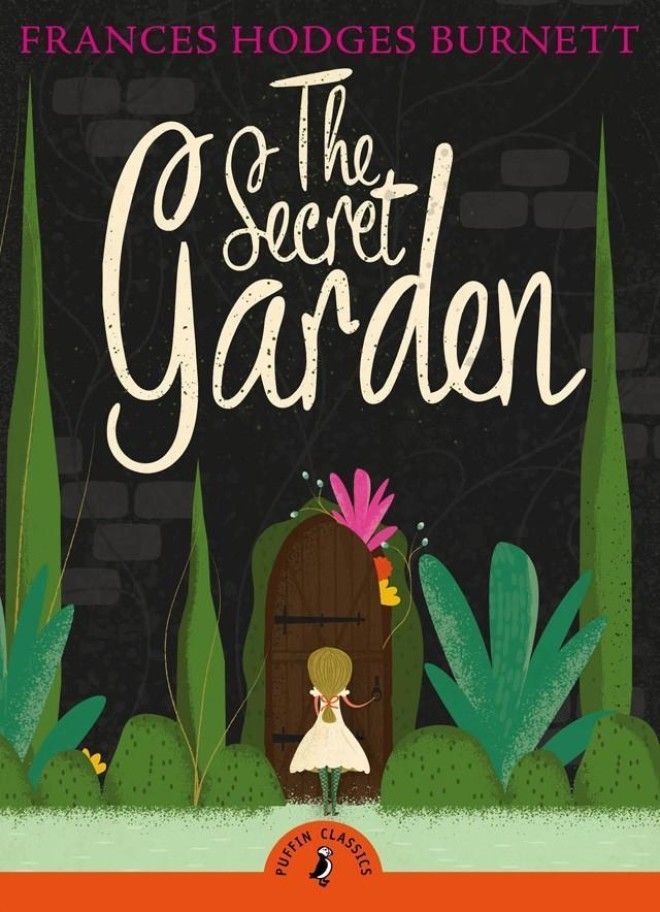
14. The Lion, the Witch, and the Wardrobe by C.S. Lewis
When Peter, Susan, Edmund, and Lucy slip into the magical land of Narnia, befriending talking animals and battling the White Witch, they discover the bonds of family and the value of bravery. This is more than a story about an entire world tucked away in an old piece of furniture. It’s a novel about the boundlessness of the human imagination. Set against the backdrop of World War II England, the land of Narnia represents the timeless hope in a better, brighter future.
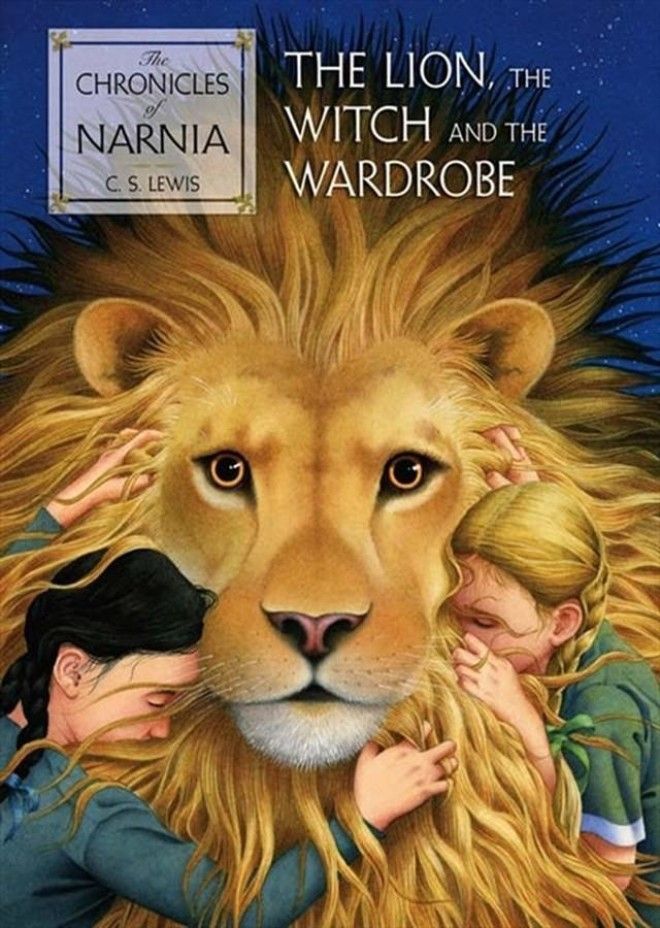
15. Anne of Green Gables by L.M. Montgomery
When 11 year-old orphan Anne Shirley goes to live with the middle-aged brother and sister Matthew and Marilla Cuthbert, she discovers that there’s been some mistake and that they had actually wanted to adopt a boy. While this debacle initially drops Anne into a world where she fears being rejected and unloved, you’ll ultimately be rewarded as Anne’s spirited imagination and kind heart win over everyone whose life she touches. This is a heartwarming story of love and friendship and a poignant reminder that sometimes life not working out the way we want it to is actually the best thing that can happen.
Advertising
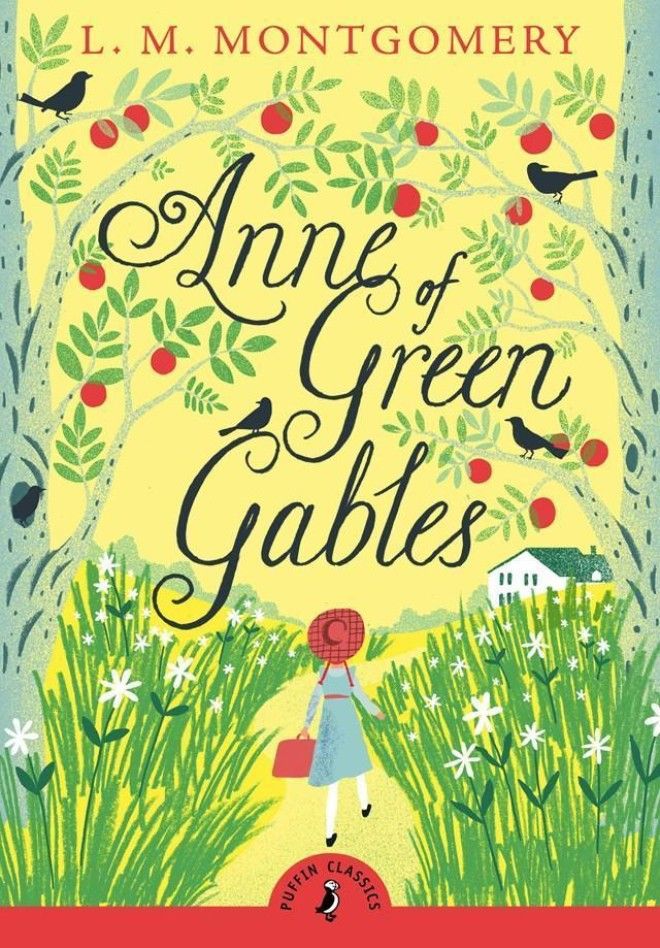
16. The Girl Who Fell From The Sky by Heidi Duro
This novel tells the story of Rachel, the daughter of a Danish mother and black father. When Rachel, her mother, and her younger brother fall nine stories from an apartment building, Rachel is the only survivor, and she’s taken in by her black grandmother in a predominantly white Portland neighborhood. With her brown skin and blue eyes (a white girl’s eyes in a Black girl’s face) Rachel faces the challenge of learning what it means to be biracial in a black-and-white world. Duro offers a masterful novel that interrogates the cultural construction of race in America and challenges us to confront our own prejudices.
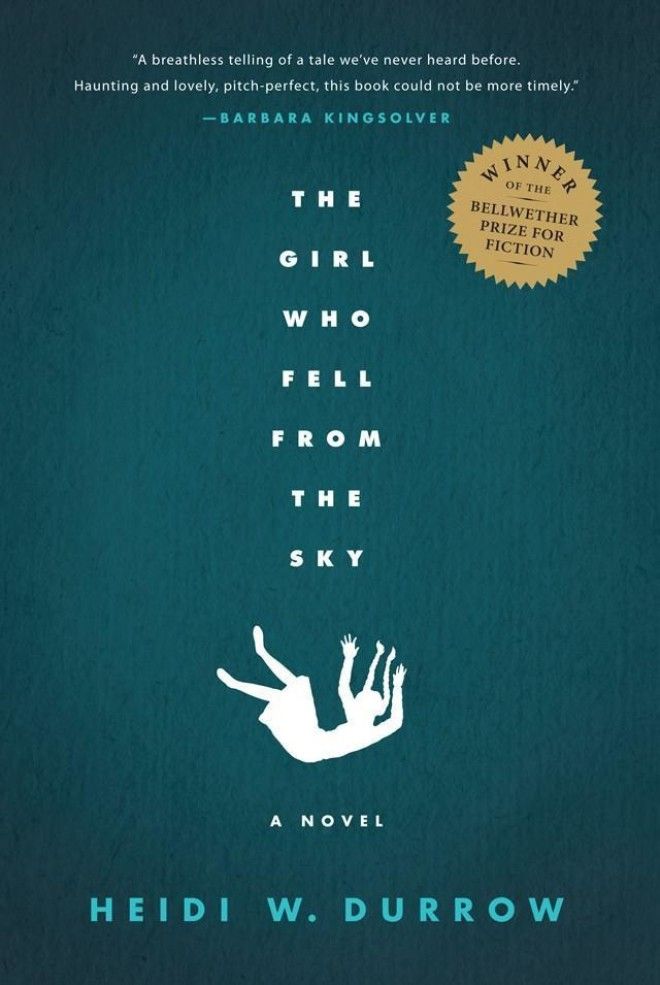
17. Bridget Jones’s Diary by Helen Fielding
A prevailing pop culture icon since her debut in 1996, Bridget Jones has been a symbol of everyday feminism for women all over the world from the UK to Japan. Her self-deprecating, candid cataloguing of dating and dieting debacles, her struggle with body image, and her desire for personal and financial independence resonates with readers because we’ve all been there at some point in our lives. Humorous and heartwarming, Fielding’s novel offers comical but critical commentary on what it means to be a woman in today’s world and reminds women (and men) that feminism is less about bra-burning and defying marriage statistics and more about standing up for yourself and loving yourself just as you are.
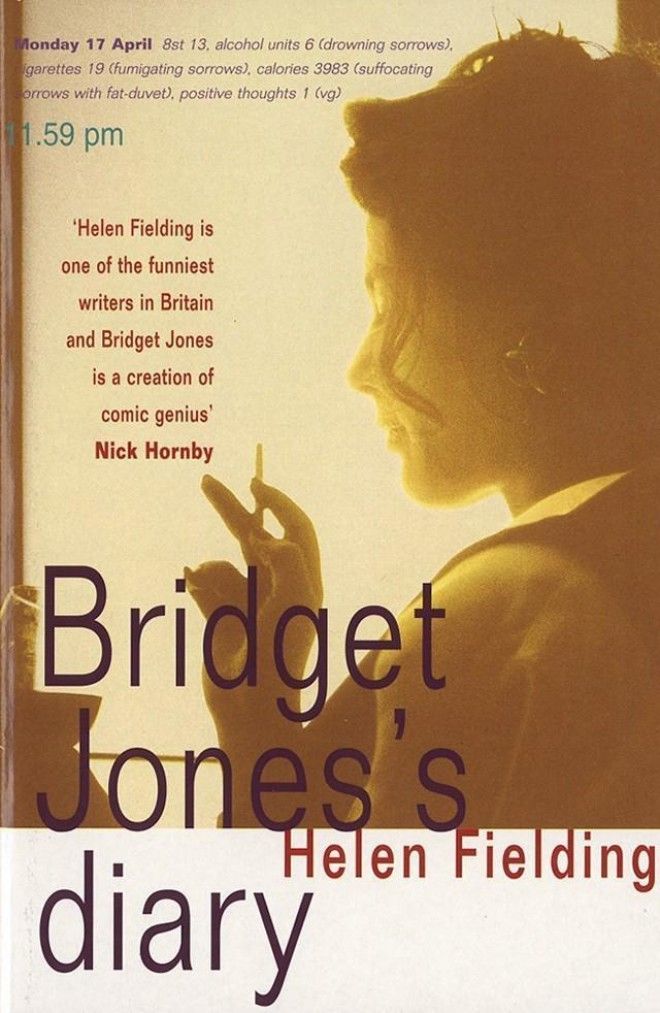
18. Uncle Tom’s Cabin by Harriet Beecher Stowe
A well-known abolitionist novel, Uncle Tom’s Cabin is a political and puritanical indictment of American slavery. Stowe weaves together the stories of several slaves from the fierce Eliza who will stop at nothing to rescue her son from being sold to the meek, modest Uncle Tom who bears his burden calmly and quietly, serving his masters with the faithful honesty of a man for whom freedom is as much a state of mind as a physical condition. This is a novel about the endurance of the human spirit and the moral obligation to fight for right.
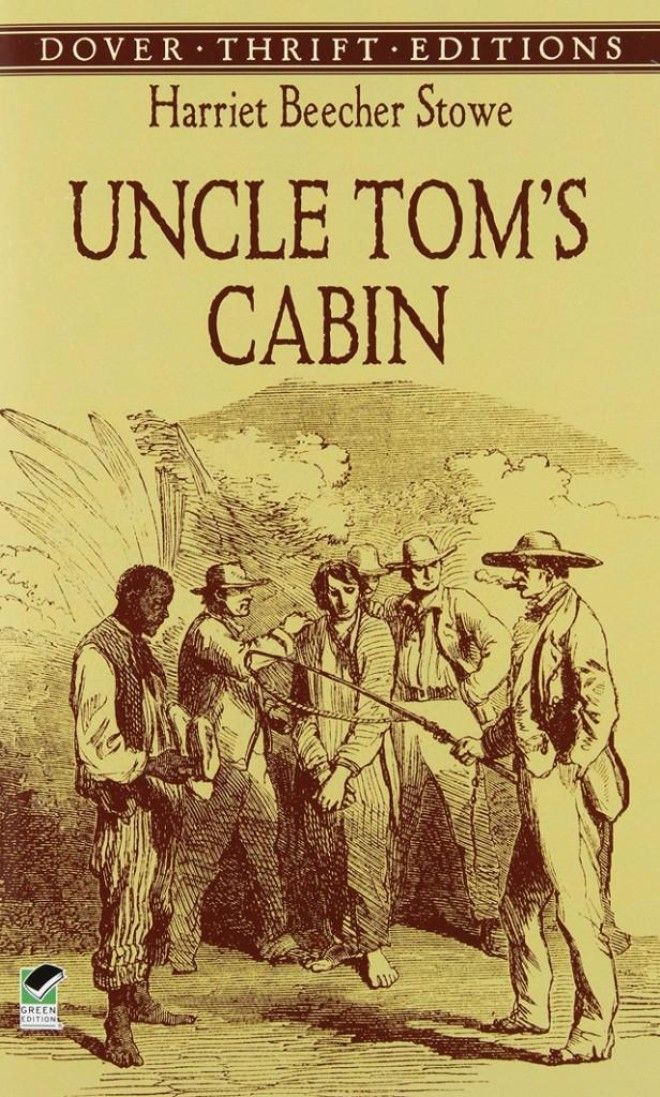
19. The Bell Jar by Sylvia Plath
The Bell Jar is a hauntingly realistic novel based on Plath’s own life and tells the story of Esther Greenwood, a talented young woman who gains a summer internship at a large New York magazine and discovers that instead of enjoying the glamorous New York lifestyle, she finds it frightening and disorienting. Lifted from Plath’s own struggle with depression, the Bell Jar is an authentic look into the human psyche and sheds light on the realities of mental illness.
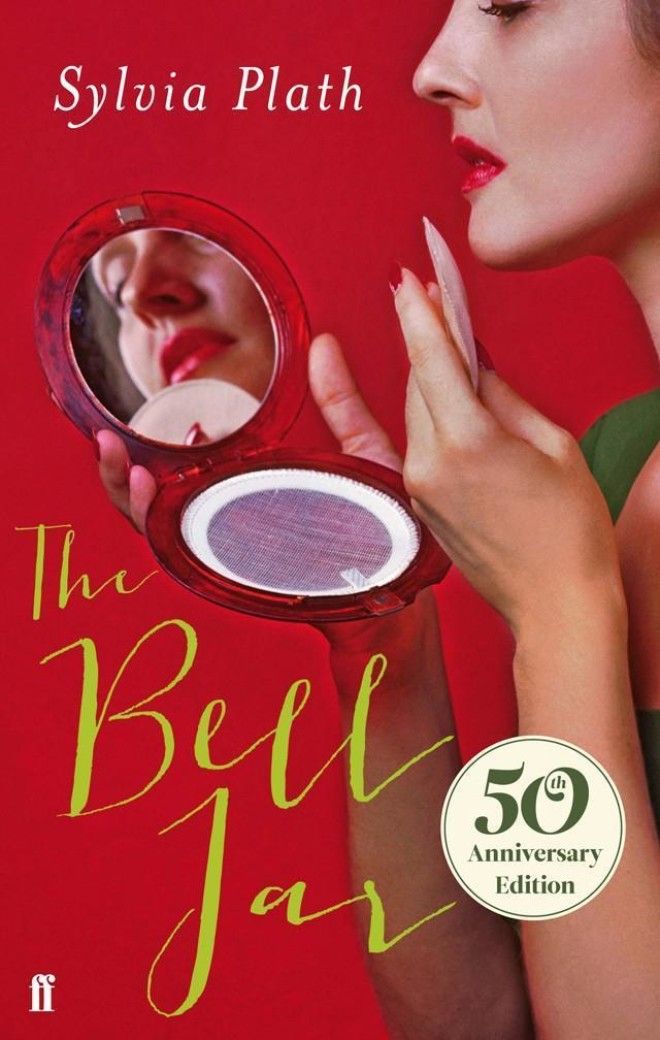
20. Alice’s Adventures in Wonderland by Lewis Carroll
A classic work of Victorian Children’s Fiction, this is a whimsical tale of magic and nonsense in which Alice finds herself in an imaginary world after chasing a white rabbit she sees while sitting quietly on the riverbank. Opening this novel invites you to fall down the proverbial rabbit hole and into a world of talking animals and magic mushrooms that cause Alice to grow or shrink depending on which side she eats. This novel has delighted children and adults alike with its blurring of the boundaries between real and make-believe and the all-too real sensation of trying to find our way around a world we can’t make sense of.
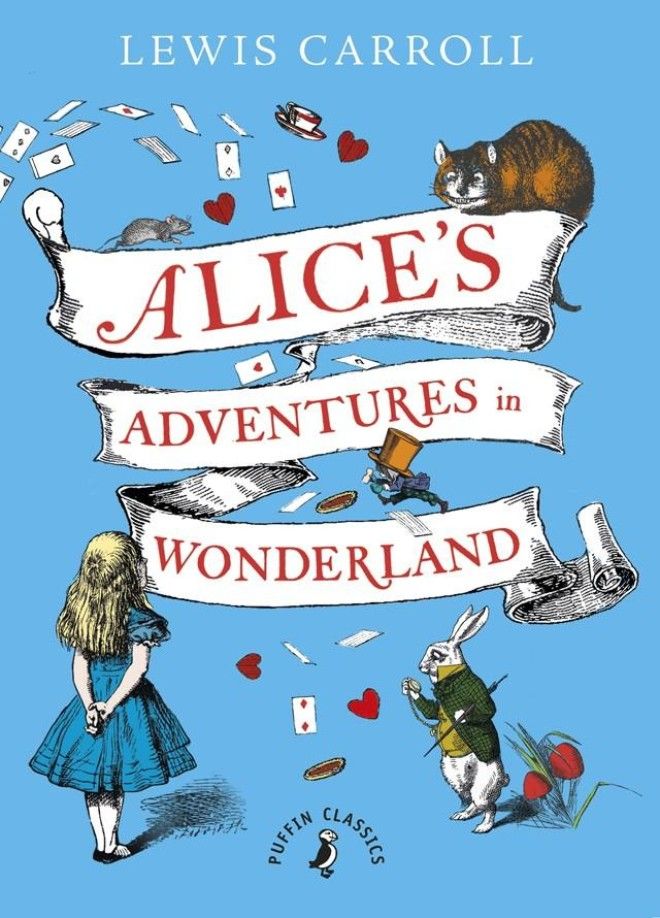
21. The Picture of Dorian Gray by Oscar Wilde
In this chilling novel, the titular character, Dorian Gray, is the subject of a portrait by painter Basil Hallward, who is enamored of Dorian’s beauty. Knowing that his youth will fade eventually, Dorian wishes to sell his soul for beauty and youth, and his wish is granted. As Dorian grows more beautiful, his painting mysteriously takes on an increasingly monstrous appearance. Hauntingly descriptive and delicately crafted, Wilde’s novel challenges us to look within ourselves and acknowledge the darker side of human nature and the struggle between good and evil that each of us faces.
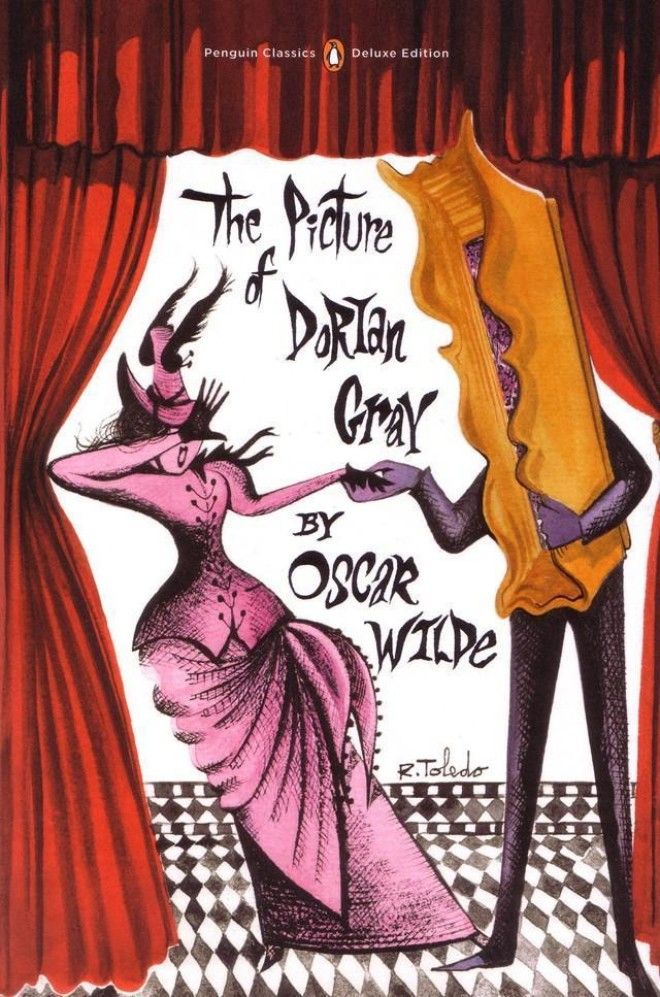
22. Murder on the Orient Express by Agatha Christie
In one of Christie’s most compelling mysteries, the luxurious Orient Express is stopped in a snowdrift in the dead of night, and the next morning, a grumpy, dislikable American passenger is found stabbed twelve times with his door locked. Only the other passengers can have been the killer with the possibility of it being an outside job highly unlikely because of the snowstorm. As Detective Hercule Poirot investigates, a tangled tale is woven around the murdered man as each passenger is revealed to be connected to him. With her usual flare for intrigue, Agatha Christie gives us a mystery that blurs the boundaries between legal and moral justice, challenging us to decide when, and if, it’s ever justifiable to take the law into our own hands.
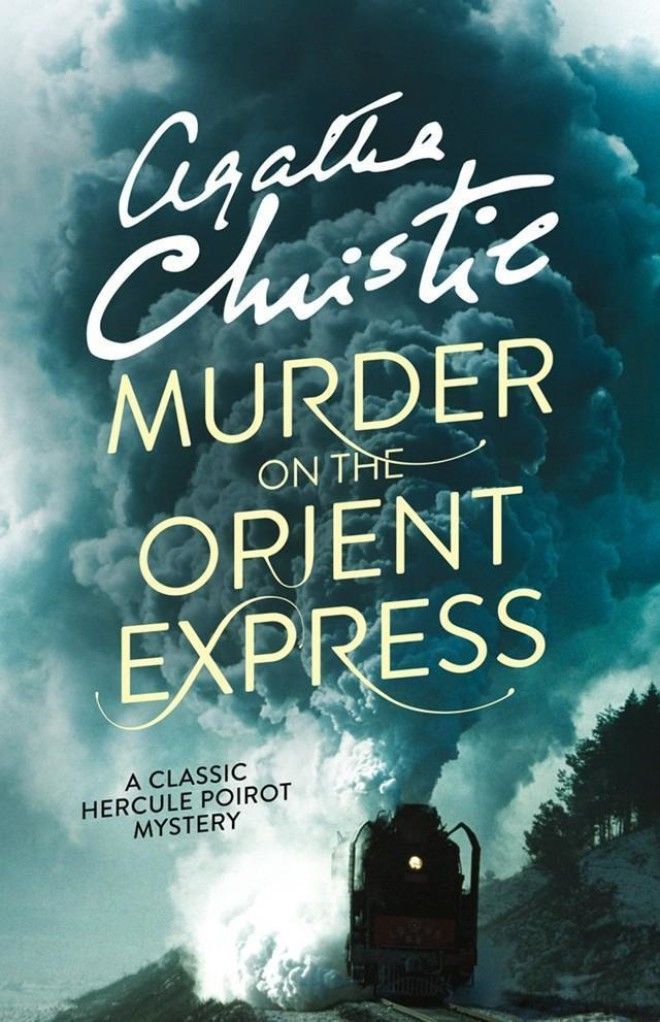
23. The Little Prince by Antoine De Saint-Exupéry
The most-translated book in the French Language, The Little Prince is the story of a little boy who falls to Earth from an Asteroid after visiting several other asteroids to try to understand mankind. In his travels he meets a series of strange and delightful characters, including a king with no subjects, a drunkard who drinks to forget about the shame of being a drunkard, and an untamed fox. The Little Prince is an allegory about the foolishness of man and man’s tendency toward self-destruction through violence, as well as a heartwarming tale of the transformative power of friendship and trust.
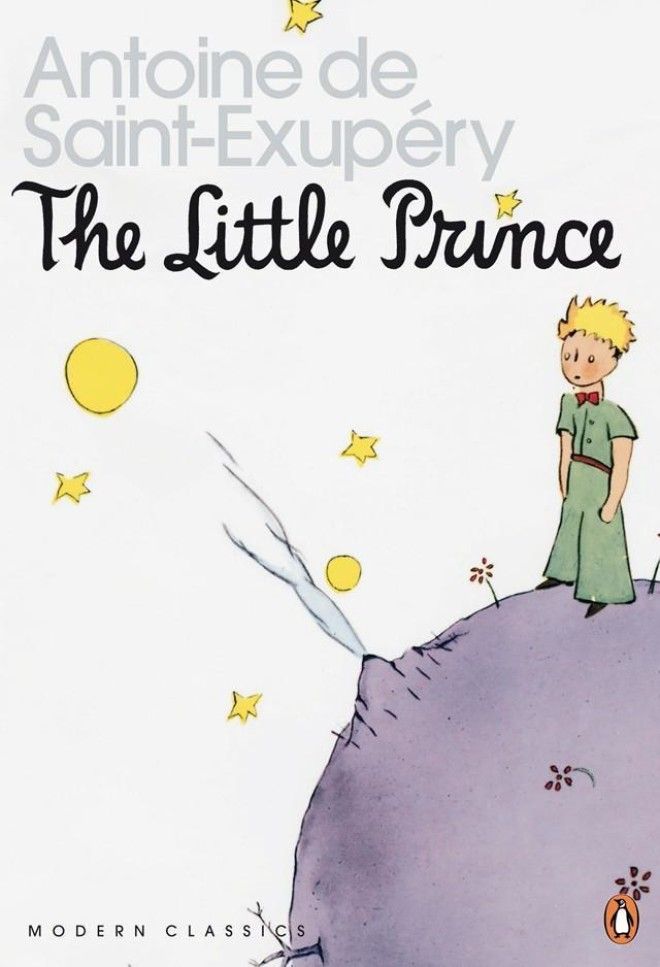
24. The Fault in Our Stars by John Green
A Compelling, touching story, The Fault in Our Stars recounts the experiences of Hazel, a teenager with cancer, and the experiences of the other teens in her cancer support group. As together they share their fears and their joys, readers come to appreciate the fragility of life through these young voices whose lives are at once burning with intensity and flickering on the point of dying. Green captures the struggles of terminal illness with tenderness and amazing authenticity, reminding us that love, friendship, and faith transcend all, even death itself.
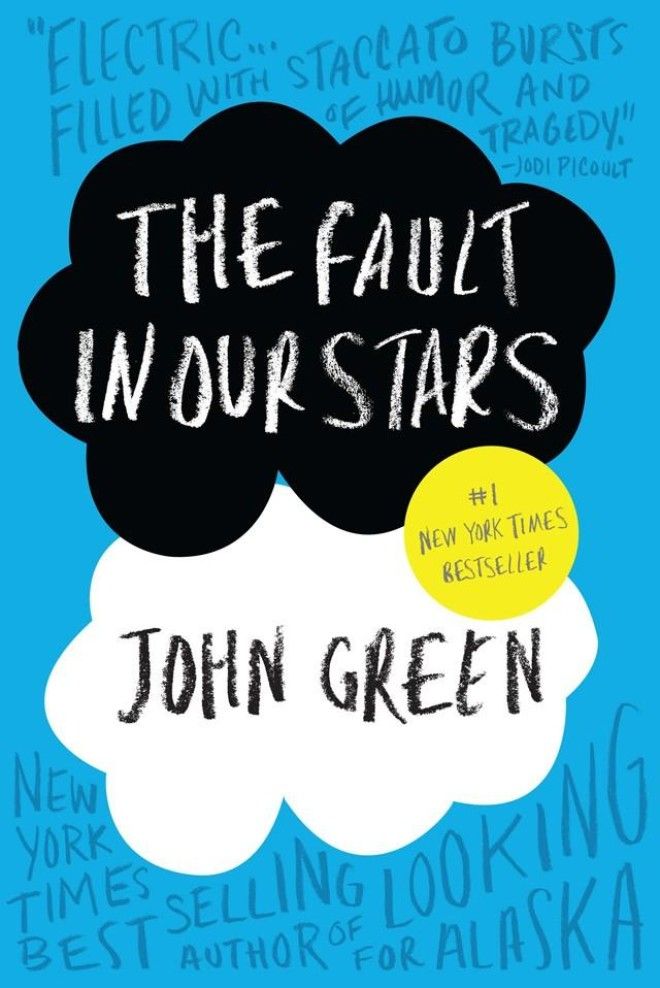
25. The Wonderful Wizard of Oz by L. Frank Baum
A classic novel about adventure and magic, The Wonderful Wizard of Oz tells the story of what happens to little Dorothy Gale when she and her dog, Toto, are caught up in a cyclone and whisked away from their Kansas farm to find themselves in the land of Oz, where they meet a host of colorful characters including the Scarecrow, the Tin Woodsman, and the Cowardly Lion. Together they journey to the Emerald city to meet the celebrated Wizard in a quest for knowledge, love, courage, and a search for home. Immortalized in its famous adaptation starring Judy Garland, the novel is a heartwarming story about friendship and bravery, about appreciating what you have, and never forgetting that home is where your heart is.
